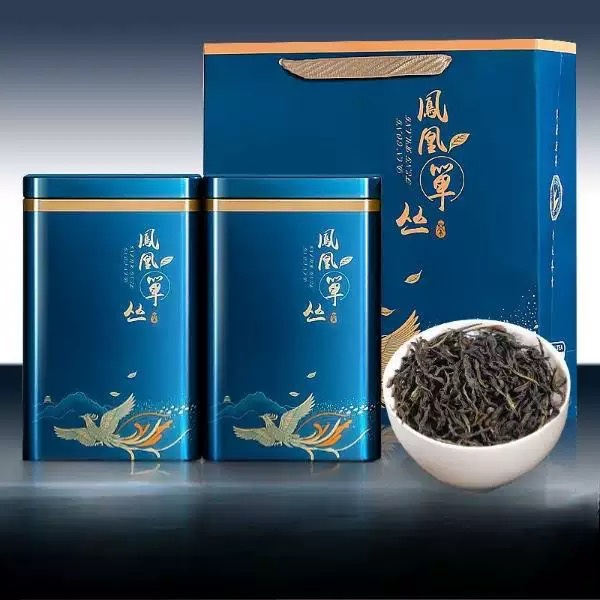
html
Oolong Tea’s Impact on Metabolism: Exploring the Benefits
Oolong tea, a traditional Chinese tea known for its unique flavor and health benefits, has gained attention for its potential impact on metabolism. This partially oxidized tea falls between green and black tea in terms of processing and offers a range of compounds that may support metabolic health.
Understanding Oolong Tea’s Metabolic Effects
Research suggests that oolong tea may influence metabolism through several mechanisms. The tea contains polyphenols, caffeine, and other bioactive compounds that work together to potentially enhance fat oxidation and energy expenditure.
Key Components Affecting Metabolism
The metabolic benefits of oolong tea can be attributed to:
- Polyphenols: Particularly catechins and theaflavins that may increase fat breakdown
- Caffeine: A known stimulant that can boost metabolic rate
- L-theanine: An amino acid that works synergistically with caffeine
Keyword: Oolong Tea and Metabolism
Scientific Evidence Supporting Metabolic Benefits
Several studies have examined oolong tea’s effects on metabolism:
- A study published in the Journal of Nutrition found that oolong tea consumption increased energy expenditure by 10% compared to water
- Research indicates it may enhance fat oxidation by up to 12% when consumed regularly
- Some evidence suggests it may help regulate blood sugar levels
How to Incorporate Oolong Tea for Metabolic Support
To potentially experience the metabolic benefits of oolong tea:
- Choose high-quality, loose-leaf oolong varieties
- Brew at appropriate temperatures (typically 180-200°F)
- Consume 2-3 cups daily, preferably between meals
- Pair with a balanced diet and regular exercise
Precautions and Considerations
While oolong tea appears safe for most people, those sensitive to caffeine should moderate their intake. The metabolic effects may vary between individuals, and the tea should complement rather than replace other healthy lifestyle practices.
As research continues, oolong tea emerges as a promising beverage for those looking to naturally support their metabolism while enjoying a flavorful drink with centuries of tradition behind it.